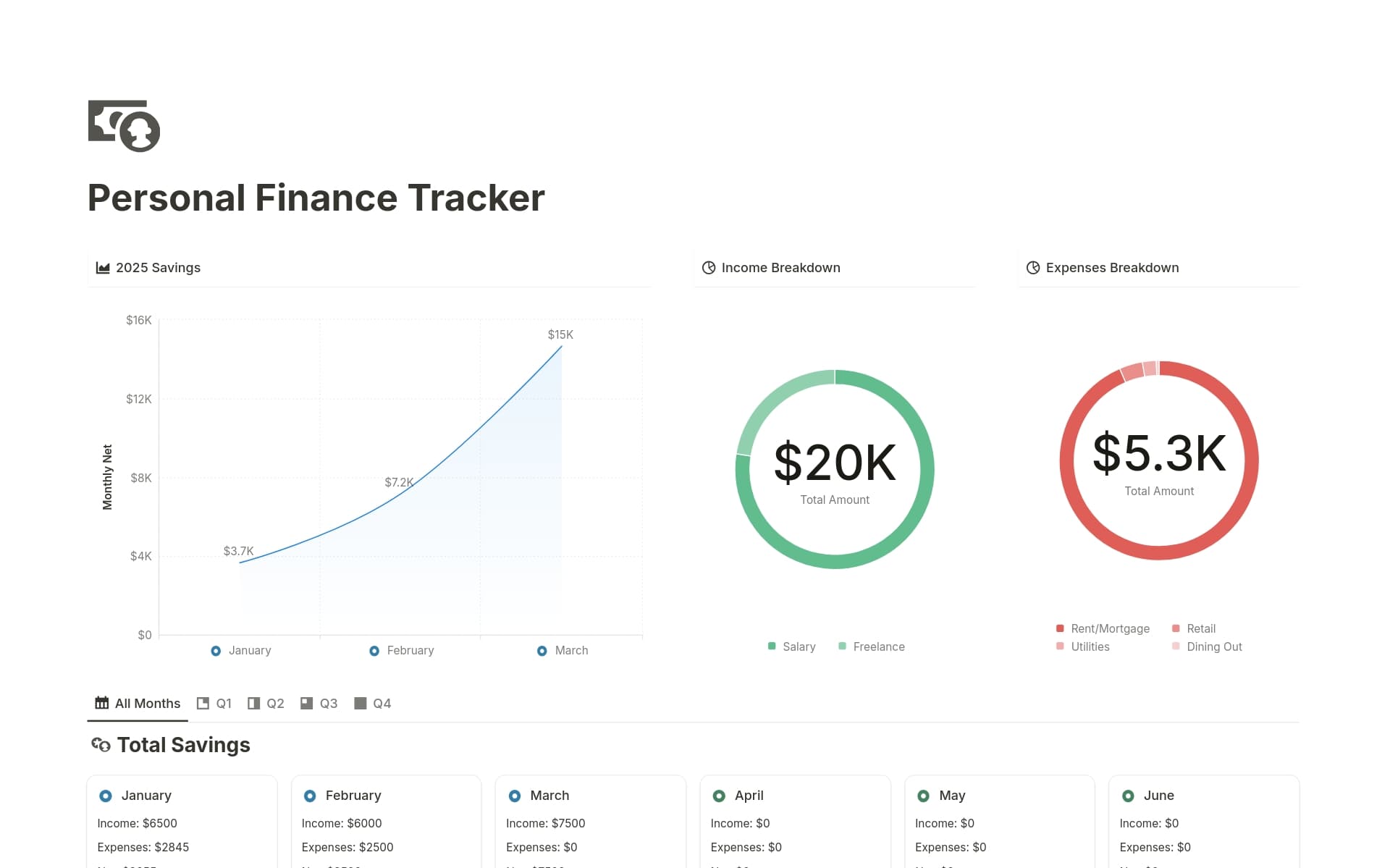Debugging is a critical aspect of software development and maintenance, ensuring that applications run smoothly and efficiently. A Debug Domain template can streamline the process of identifying, tracking, and resolving bugs, making it an essential tool for developers and IT teams. It provides structure and consistency, which can significantly reduce the time and effort spent on debugging.
Before you dive into creating your own Debug Domain, take a look at these Debug Domain Notion templates to simplify and enhance your debugging workflow.
What Should Debug Domain Templates Include?
Choosing the right Debug Domain Template in Notion can streamline your debugging process significantly. Here are key components to look for when selecting a template:
Structured Error Logging: The template should offer a clear and organized way to log errors, making it easier to track down and address issues systematically.
Reproducibility Steps: It should include a section for documenting steps to reproduce bugs, which is essential for testing and verifying fixes.
Priority and Status Tags: Look for templates that allow you to categorize issues by priority and status, helping prioritize tasks and manage workflow efficiently.
Integration Capabilities: A good template will have options to integrate with other tools or platforms, enhancing the debugging process through seamless connectivity.
Selecting a template with these features will ensure a more organized and effective debugging environment, aiding in quicker resolutions and a smoother development cycle.
What Should Debug Domain Templates Avoid?
When selecting a Debug Domain template in Notion, it's essential to be aware of certain features that might complicate or hinder your debugging process. Here are three key components to steer clear of:
Overly Complex Layouts: Templates with too many sections or intricate designs can make it difficult to quickly locate and address issues. Simplicity aids in faster problem resolution.
Non-Customizable Components: Avoid templates that don't allow you to modify or remove existing elements. Flexibility is key in adapting the template to fit your specific debugging needs.
Heavy Dependency on Plugins: Templates that require numerous plugins can lead to slower load times and potential compatibility issues, which might detract from the debugging efficiency.
Choosing the right template involves looking for one that enhances clarity and efficiency, ensuring that it supports rather than obstructs your debugging workflow.




